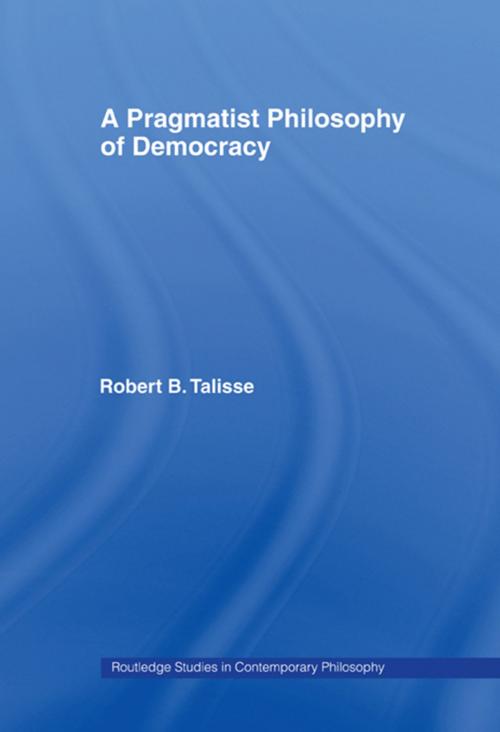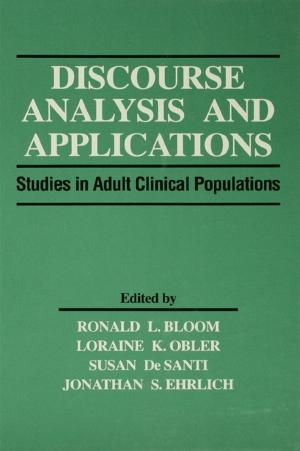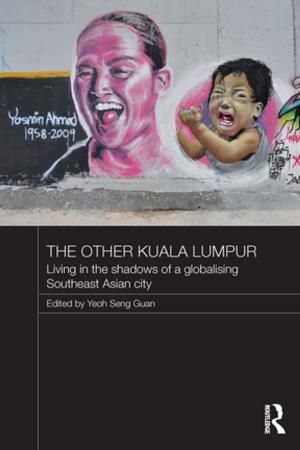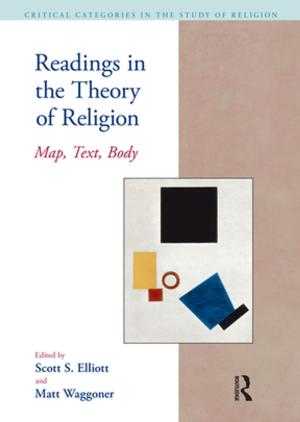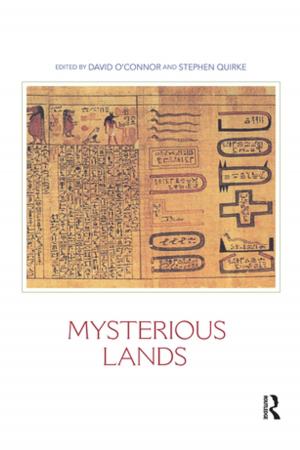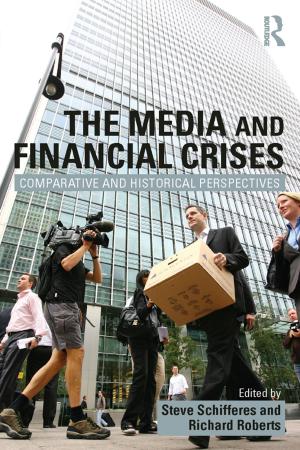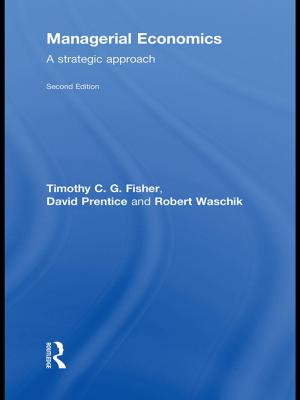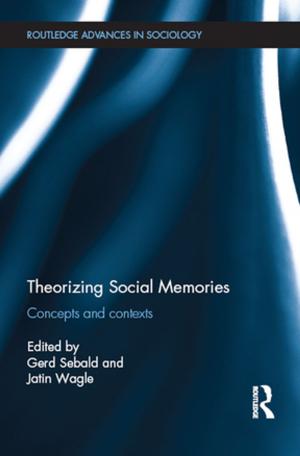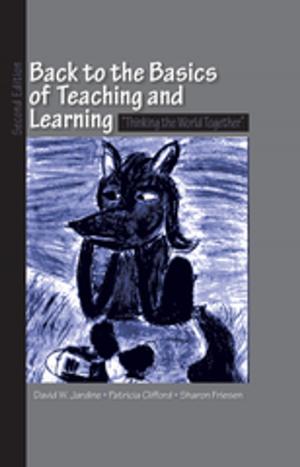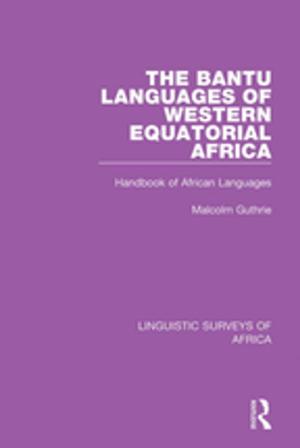| Author: | Robert B. Talisse | ISBN: | 9781135196479 |
| Publisher: | Taylor and Francis | Publication: | August 21, 2013 |
| Imprint: | Routledge | Language: | English |
| Author: | Robert B. Talisse |
| ISBN: | 9781135196479 |
| Publisher: | Taylor and Francis |
| Publication: | August 21, 2013 |
| Imprint: | Routledge |
| Language: | English |
In recent years there has been a renewed interest in American pragmatism. In political philosophy, the revival of pragmatism has led to a new appreciation for the democratic theory of John Dewey.
In this book, Robert B. Talisse advances a series of pragmatic arguments against Deweyan democracy. Particularly, Talisse argues that Deweyan democracy cannot adequately recognize pluralism, the fact that intelligent, sincere, and well-intentioned persons can disagree sharply and reasonably over moral ideals. Drawing upon the epistemology of the founder of pragmatism, Charles S. Peirce, Talisse develops a conception of democracy that is anti-Deweyan but nonetheless pragmatist. Talisse then brings the Peircean view into critical conversation with contemporary developments in democratic theory, including deliberative democracy, Rawlsian political liberalism, and Richard Posner’s democratic realism. The result is a new pragmatist option in democratic theory.
In recent years there has been a renewed interest in American pragmatism. In political philosophy, the revival of pragmatism has led to a new appreciation for the democratic theory of John Dewey.
In this book, Robert B. Talisse advances a series of pragmatic arguments against Deweyan democracy. Particularly, Talisse argues that Deweyan democracy cannot adequately recognize pluralism, the fact that intelligent, sincere, and well-intentioned persons can disagree sharply and reasonably over moral ideals. Drawing upon the epistemology of the founder of pragmatism, Charles S. Peirce, Talisse develops a conception of democracy that is anti-Deweyan but nonetheless pragmatist. Talisse then brings the Peircean view into critical conversation with contemporary developments in democratic theory, including deliberative democracy, Rawlsian political liberalism, and Richard Posner’s democratic realism. The result is a new pragmatist option in democratic theory.
